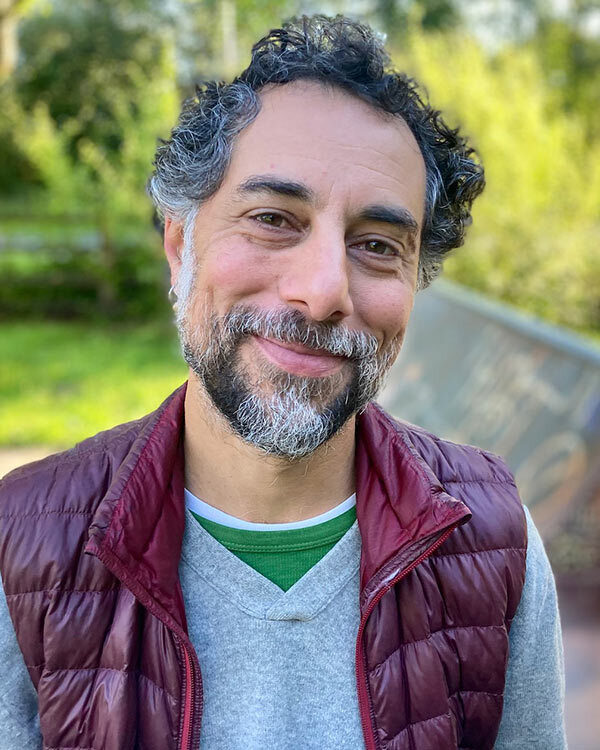Buddhism, like its sibling South Asian traditions of Hinduism, Jainism, and Sikhism, is famously tolerant of difference. Subverting the caste system and being one of the first teachers of his time to ordain women, the Buddha offered no judgment about sexual orientation or gender expression other than the ethical precept against sexual misconduct. Implied in the Buddha’s acceptance of women and people of all castes into the monastic community is a truth of culture as important then as now: representation matters.
Representation in spiritual and community spaces like Spirit Rock opens the door of the Dharma. When we enter a space, an organization, or a community, we see who is there—and who is not—instinctively seeking safety, connection, and refuge. For members of marginalized and oppressed social groups, this instinct is responding to very real histories of physical and emotional violence in unwelcoming communities. To engage effectively with the practices of mindfulness, lovingkindness, and contemplative inquiry, there must first be a foundation of safety and belonging.
When a person enters a community and sees others like them, they consciously or unconsciously know that this might be a safe enough space for them too. For members of dominant or mainstream social groups this is often unconscious, with feelings of safety and security perceived as normal. With mindfulness, these feelings can be seen clearly and understood as a privilege conditioned by membership in a dominant group, and not universal. Members of marginalized groups are often more conscious of this process because accurately reading a space has mattered deeply for their safety.
Representation is the most direct message of safety a person can receive, far more effective than just words or intentions of welcome. Representation makes it possible to feel like you belong: “Someone like me is here. I can be here too.” We know that the Buddha worked hard to make his community welcoming for all, developing teachings and practices specifically in response to caste prejudice. He categorically affirmed the ability of people of any gender to practice and awaken to freedom. The Therīgathā, the section of the Pāli canon which preserves the poems of the elder bhikkhunī, makes this clear in poem after poem of fully awakened women.
These ancient poems also affirm the power of representation, describing women going specifically to a woman teacher for guidance. A poem attributed to a nun named Uttamā describes her struggling in practice, then turning to an elder nun, Pāṭācāra, for guidance:
Four or five times
I left my cell.
I had no peace of mind,
no control over my mind.
I went to a nun
I thought I could trust.
She taught me the Dharma,
the elements of body and mind,
the nature of perception,
and earth, water, fire, and wind.
I heard what she said
and sat cross-legged
seven days full
of joy.
When, on the eighth
I stretched my feet out,
the great dark was torn apart.
(Therīgathā 3.2, tr. Murcott)
Uttamā’s enlightening experience is inseparable from the institution of the nun’s community and inspiring teachers like Pāṭācāra and her peer Dhammadinnā, the namesake of Dhamma Dena, the center Arinna Weisman guides in Joshua Tree.
In the generous and intimate interview that grounds our Dharma offerings this Pride month, Arinna reflects on working to unpack unconscious privilege and the power of visibility for members of marginalized groups such as LGBTQIA+: “The nature of ignorance is that all privileged locations are based in ignorance, and so we don’t discern them, and we keep acting them out. Until we acknowledge that the refuge of Saṅgha—creating communities that are on the path, sustaining them, and building them—needs to include the relational field and how it works, then all those people who are privileged and have access to power and resources are going to keep making decisions that aren’t inclusive.”
Bringing mindfulness to all aspects of identity and social location/position becomes one of the most liberating inquiries we undertake on the path, and fundamental to the health of the spiritual community.
Gratitude to all those whose work toward full acceptance, rights, and safety for LGBTQIA+ and people of every background and life expression. May our world grow in tolerance and kindness for all beings everywhere.
